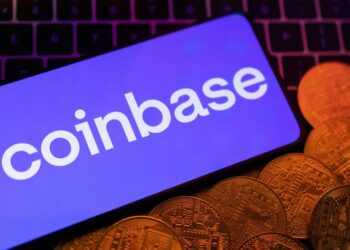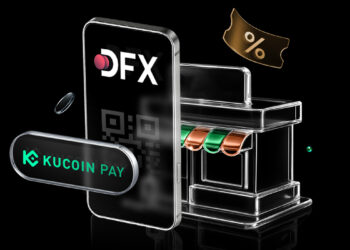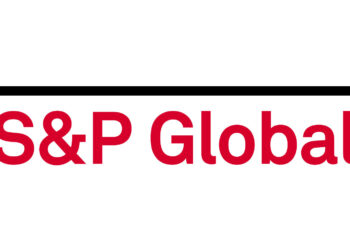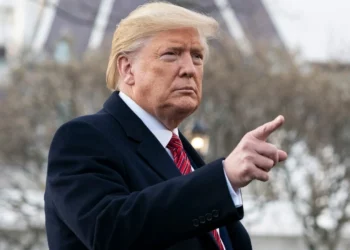Brazil is integrating DeFi principles into the creation of its own “synthetic” central bank digital currency (CBDC), Drex, formerly known as the Brazilian digital real.
According to Roberto Campos Neto, president of Banco Central do Brasil (BCB), the South American country aims to design a CBDC that tackles the “trilemma” of decentralisation, privacy, and programmability—issues that have long posed challenges for traditional financial systems.
Speaking at the Markus’ Academy event on “The Future of Financial Intermediation” on October 3, Neto explained Brazil’s unique approach to its CBDC, Drex, stating
“We aimed to achieve three distinct advantages that traditional CBDCs can’t offer. Our goal was to integrate the concept of tokenization into the banks’ balance sheets.”
According to him, this move mirrors Brazil’s broader push towards financial innovation, much like how tokenized assets in emerging markets could transform how banks manage liquidity and credit, offering more flexibility in a way that standard currencies do not.
Neto also mentioned that Brazil is not only working on developing the CBDC but also intends to speed up its tokenization efforts through an Open Finance platform.
In a recently released document that outlined its plans, the central bank envisions Open Finance as a marketplace where users can access various banking and payment options, including CBDCs. According to the plan, the marketplace will promote “competition by channel and for principality.”
RELATED: Brazil Authorities Crack Down on $6.4B Crypto Laundering Ring
Neto claimed Brazil’s goal with Drex is to introduce the concept of tokenization to the banking sector while integrating the DeFi ecosystem within a regulatory framework.
Meanwhile, the BCB has announced that it is phasing its approach to regulating crypto-assets and virtual asset service providers, with proposals expected by the end of the year.
Nagel Lisanias Paulino, from the central bank’s Financial System Regulation Department, stated that the new frameworks will increase transparency around improper practices and protect consumers and industry participants from fraud.
“The regulation aims to establish minimum standards for virtual asset service providers and ensure appropriate practices when dealing with clients,”
Paulino explained.
If you want to read more news articles like this, visit DeFi Planet and follow us on Twitter, LinkedIn, Facebook, Instagram, and CoinMarketCap Community.
“Take control of your crypto portfolio with MARKETS PRO, DeFi Planet’s suite of analytics tools.”





















